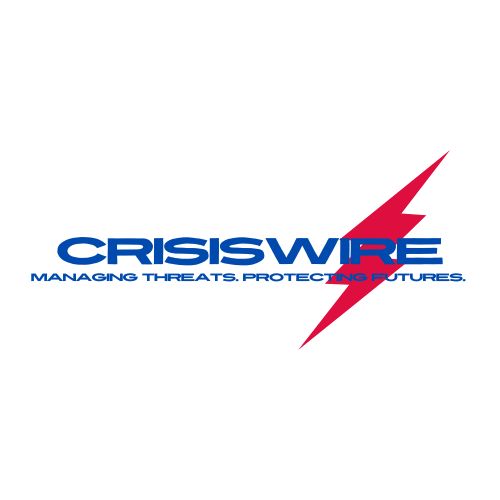What is a Threat Assessment at School
- CrisisWire

- Sep 25, 2025
- 3 min read
Why Threat Assessment Matters
School safety has become one of the most urgent concerns for parents, educators, and community leaders. High-profile incidents of school violence have pushed districts to search for effective, evidence-based solutions. Among the most effective tools is the school threat assessment, a structured process designed to identify, evaluate, and manage potential threats before they escalate into tragedy.
Defining a School Threat Assessment
A school threat assessment is a systematic process where a trained team evaluates whether a student’s behavior poses a real threat of violence to themselves or others. Unlike simple zero-tolerance discipline policies, threat assessments focus on prevention, context, and intervention.
Threat assessments are:
Multidisciplinary: Involving administrators, school resource officers, mental health professionals, and teachers.
Behavior-focused: Looking at patterns of behavior, not just single incidents.
Intervention-oriented: The goal is not punishment, but finding solutions that reduce risk and provide support.
Key Components of a School Threat Assessment
Identification: Recognizing threats, concerning behaviors, or reports from peers.
Evaluation: Determining if the threat is transient (not serious) or substantive (serious and actionable).
Investigation: Gathering context from teachers, parents, peers, and digital activity.
Management: Creating an intervention plan, ranging from counseling to law enforcement involvement.
Monitoring: Following up to ensure the intervention is effective and risk is reduced.
Why Threat Assessments Work
Research shows that structured threat assessments can:
Reduce expulsions and suspensions.
Lower the risk of targeted violence.
Increase student trust in reporting systems.
Provide early interventions for students in crisis.
One well-known model is the Comprehensive School Threat Assessment Guidelines (CSTAG) developed at the University of Virginia, which has been adopted by districts nationwide.

The Bigger Picture of Threats and Safety
Threat assessment does not happen in isolation. It connects directly to broader issues of access control, campus preparedness, and organizational resilience. That’s why resources like Locked Down: The Access Control Blueprint for Safer Schools, Colleges, and Corporate America and The Threat Assessment Handbook: Emergency Preparedness for Business, Institutions, and Government are essential companion guides for leaders who want actionable frameworks.
For higher education environments, Campus Under Siege: Why Universities Are Soft Targets — And How to Fix Them explains why universities remain vulnerable and how administrators can change that.
For executives and institutional leaders, The Prepared Leader: Threat Assessment, Emergency Preparedness, and Safety for Colleges, Institutions, and Businesses provides checklists and playbooks that can be implemented immediately.
Lessons from the Front Lines
Real-world law enforcement and security experience also shape how threat assessments should work. Books like Uniformed Silence: What They Never Told You About Surviving LAPD highlight how frontline officers manage stress, violence, and the culture of silence. These lessons translate directly into how schools must create safe channels for reporting concerns.
And to understand how larger systems of power and resources influence safety at every level, Unmatched Arsenal: The Past, Present, and Future of U.S. Military Power provides perspective on deterrence, preparedness, and layered defense.
CrisisWire Integration
At CrisisWire Threat Management Solutions, we take these lessons from policing, military service, and campus leadership and apply them directly to today’s schools. Our services include:
Behavioral threat assessments tailored to K-12 and university settings.
Training for multidisciplinary threat assessment teams.
Emergency preparedness planning aligned with FEMA and DHS standards.
Insider threat prevention strategies for schools, workplaces, and government agencies.
Learn more at CrisisWire Threat Management Solutions.
Call to Action
A school threat assessment is not just a tool, but a philosophy of prevention through understanding and intervention.
Explore the complete library of resources to support safer schools and campuses:
Locked Down: The Access Control Blueprint for Safer Schools, Colleges, and Corporate America
Campus Under Siege: Why Universities Are Soft Targets — And How to Fix Them
The Threat Assessment Handbook: Emergency Preparedness for Business, Institutions, and Government
Uniformed Silence: What They Never Told You About Surviving LAPD
Unmatched Arsenal: The Past, Present, and Future of U.S. Military Power
Because safety requires more than reaction. It requires knowledge, preparation, and leadership.





Comments